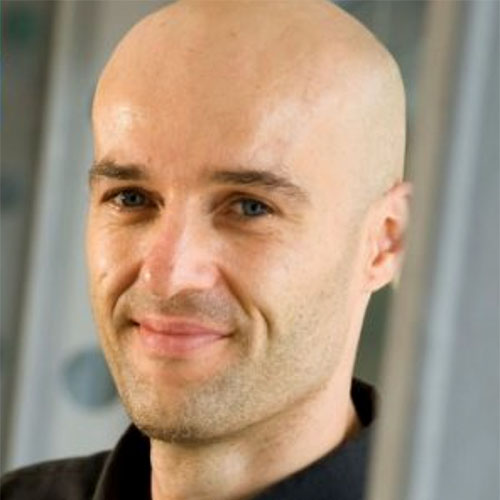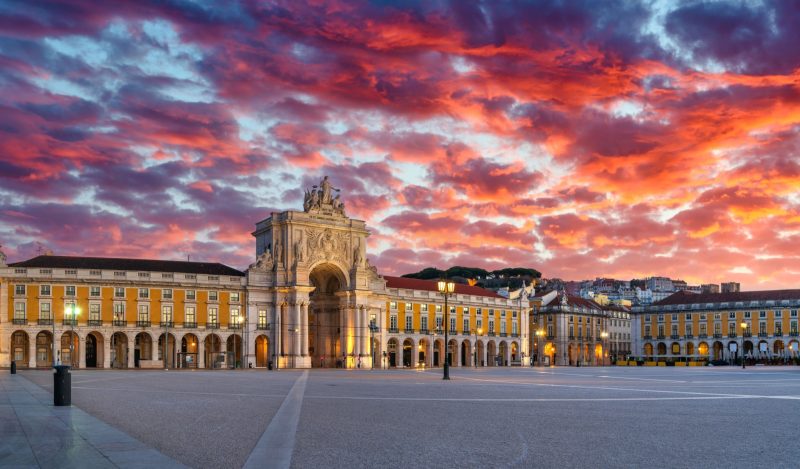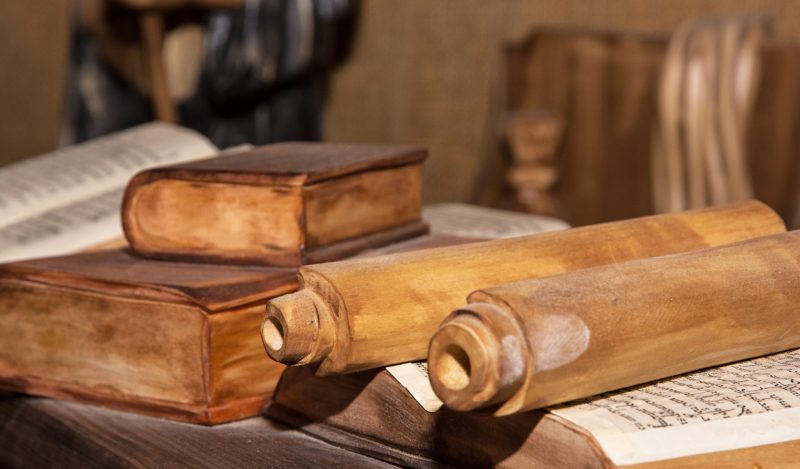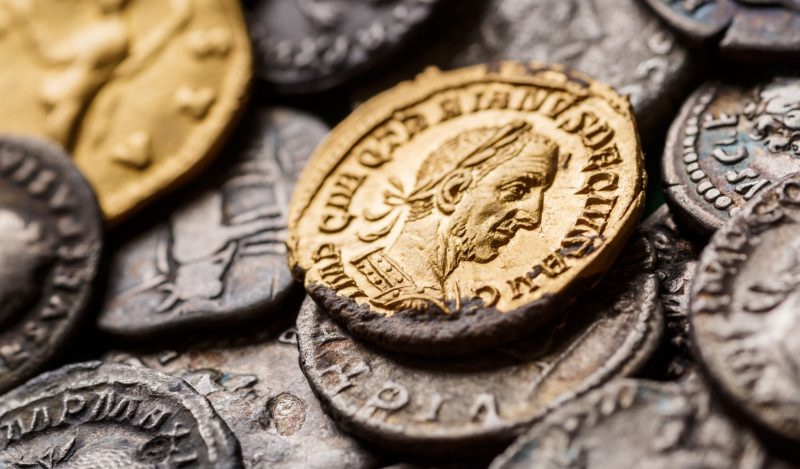In the Middle Ages a recipe emerged for the powerful to deal with peasant uprisings: kill the rebel leaders, adopt their most popular slogans as one’s own, and quietly give in to the most important demands.
A spectacular example of this was the ‘Pilgrimage of Grace’ uprising in 1536/1537 against Henry VIII of Britain. The rebellion was against new taxes and the move against Roman Catholicism. Henry hanged the leaders but adopted the most important elements of Roman Catholicism into the emerging new faith, pacifying the masses. As the famous Italian political saying summarises this strategy goes: “if we want things to stay as they are, things will have to change”.
We can see a glimpse of the same strategy in Australia this very week.
The cruelty and total failure of the Australian lockdown policies have been plain for many to see the last two weeks, with record numbers of covid cases and covid deaths despite the infliction of some of the harshest restrictions in the world over the past two years, and nearly 90% of the population having been ‘protected’ by vaccines. Australian politicians have been shown to be naked and are scrambling in the face of derision and malcontent. How have they been reacting?
The world saw what the Australian government did when facing the loud, flashing “FAILURE” sign of over 100,000 new recorded cases a day. It overturned the decisions of its own courts by invoking draconian discretionary powers to ban “Novax” Djokovic from the Australian Open, essentially doubling down on the story that a total removal of the non-compliant untermensch from public life is warranted, contrary to all evidence.
This ‘blame the non-complier’ tactic was loudly applauded and supported by the vast majority of the Australian public, telling you something about their true nature. This is the modern analogue of a rebellion leader being hanged, with much rejoicing by the public.
Second, the politicians started to adopt the language, arguments, and stated objectives of the very people who, a political second previously, were railing against them. The Australian Prime Minister, Scott Morrison said the following earlier this week:
As we face Omicron, we must respect it, but we should not fear it. We must respect it with sensible, balanced rules, sensible precautions, but at the same time, not shutting Australia away, not locking ourselves up, not destroying people’s livelihoods and bringing our society to a halt.
No kidding. This sounds like The Great Barrington Declaration in new bottles – the prime minister’s bottles, with a fancy label that he desperately hopes will promote sales. This is the prime minister of the same government that in the same week banned Novax Djokovic, a man who generously donated to victims of the Australian bushfires of early 2020, not to mention his other significant contributions to Australia over the years. Novax might have been hanged, but his slogans live on.
Third, the stranded politicians started acting like nothing ever happened out of the ordinary. This tactic is founded in the fervent hope that amnesia will speedily return: that the public will not want to admit the horrors of the past, that apathy and a drive for self-preservation on the part of the people will prevent them from seeking justice.
An example of this is that just last Saturday it quietly became possible to cross into Queensland over state borders unencumbered by covid regulations, after months of severe restrictions relating to vaccination status, testing, quarantine, and goodness knows what other nonsense.
Australian politicians are effectively showing us what good students of history they are. They have hanged a rebel leader, adopted his slogans, and quietly given in to some of the rebellion’s demands.
Who says it won’t work? During his reign, the ‘Killer King’ dealt similarly with many uprisings, reportedly executing over 50,000 rebels in total but remaining in power all the time. To this day, Henry VIIIth is one of the most popular kings ever, with regular TV series and the Tower of London celebrating some of his atrocities.
When it comes down to it, the public really does enjoy a good hanging.
Published under a Creative Commons Attribution 4.0 International License
For reprints, please set the canonical link back to the original Brownstone Institute Article and Author.











